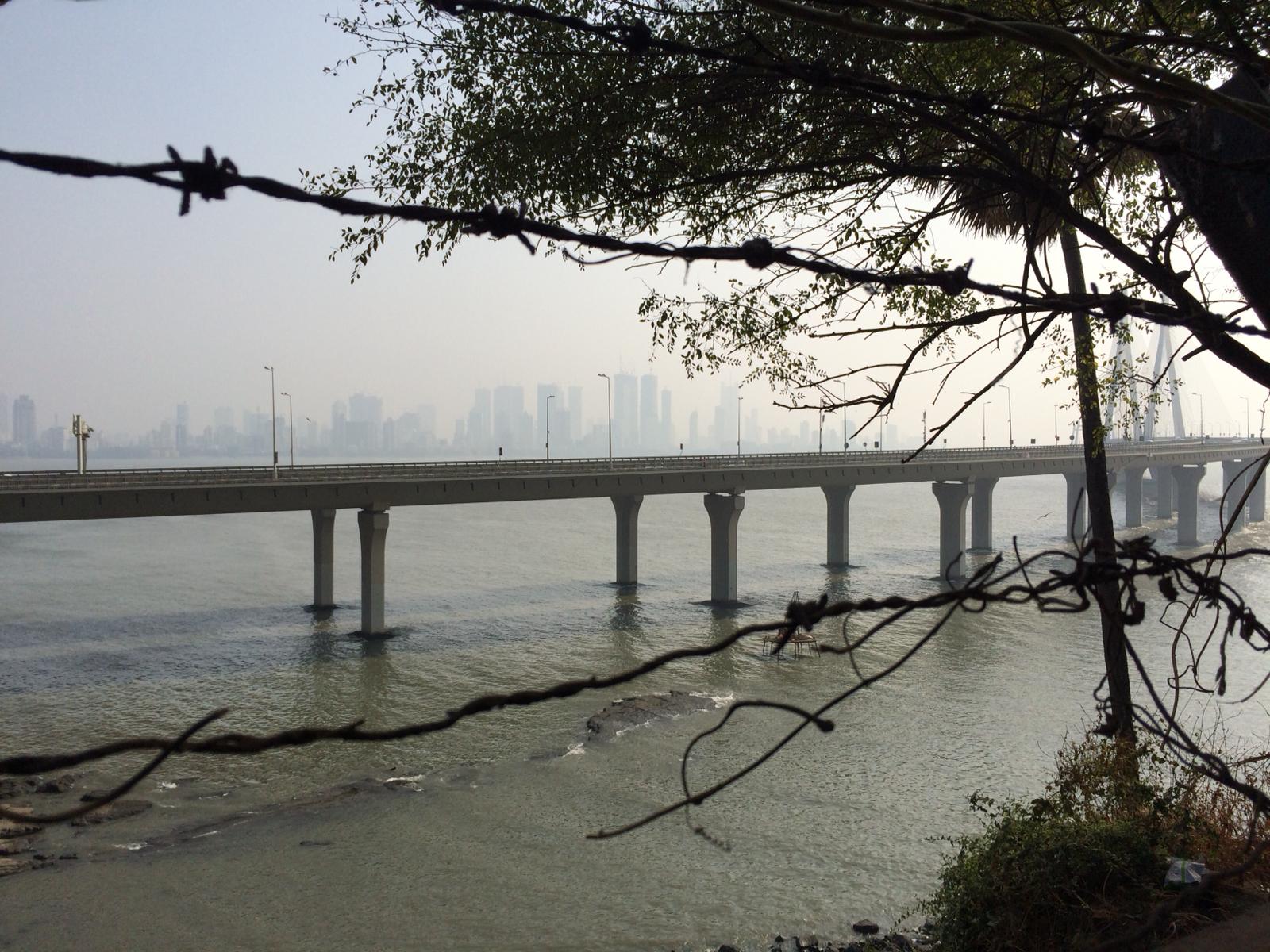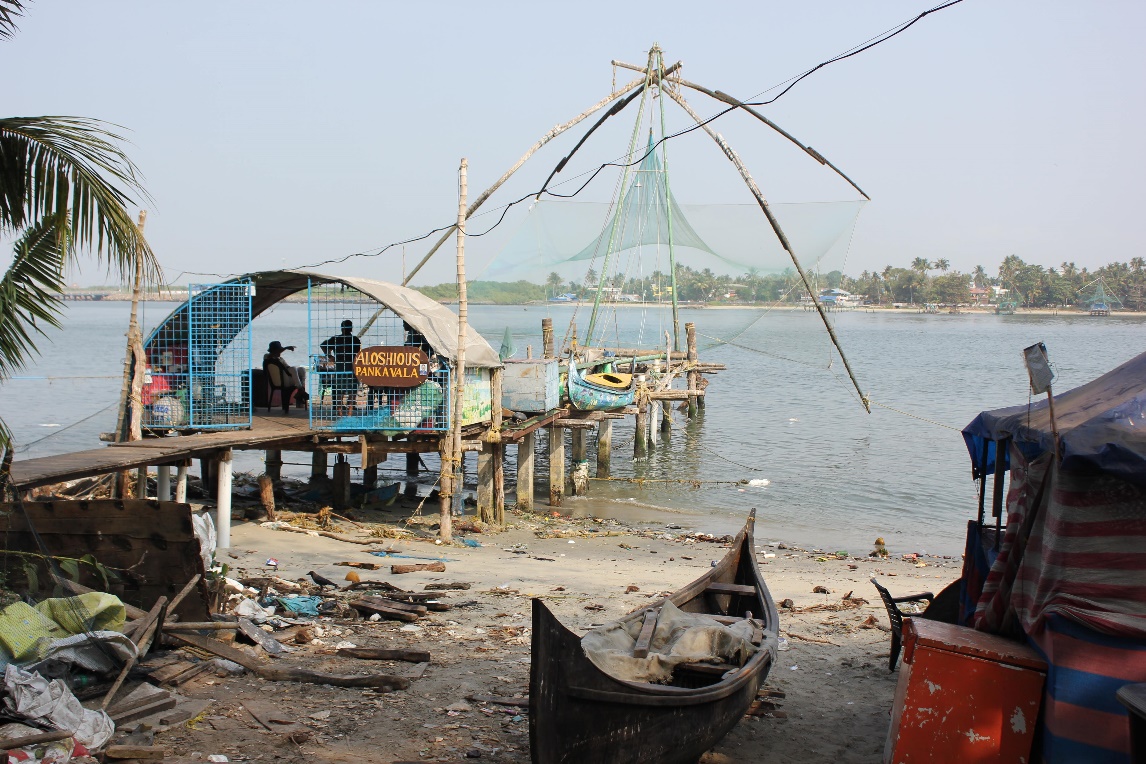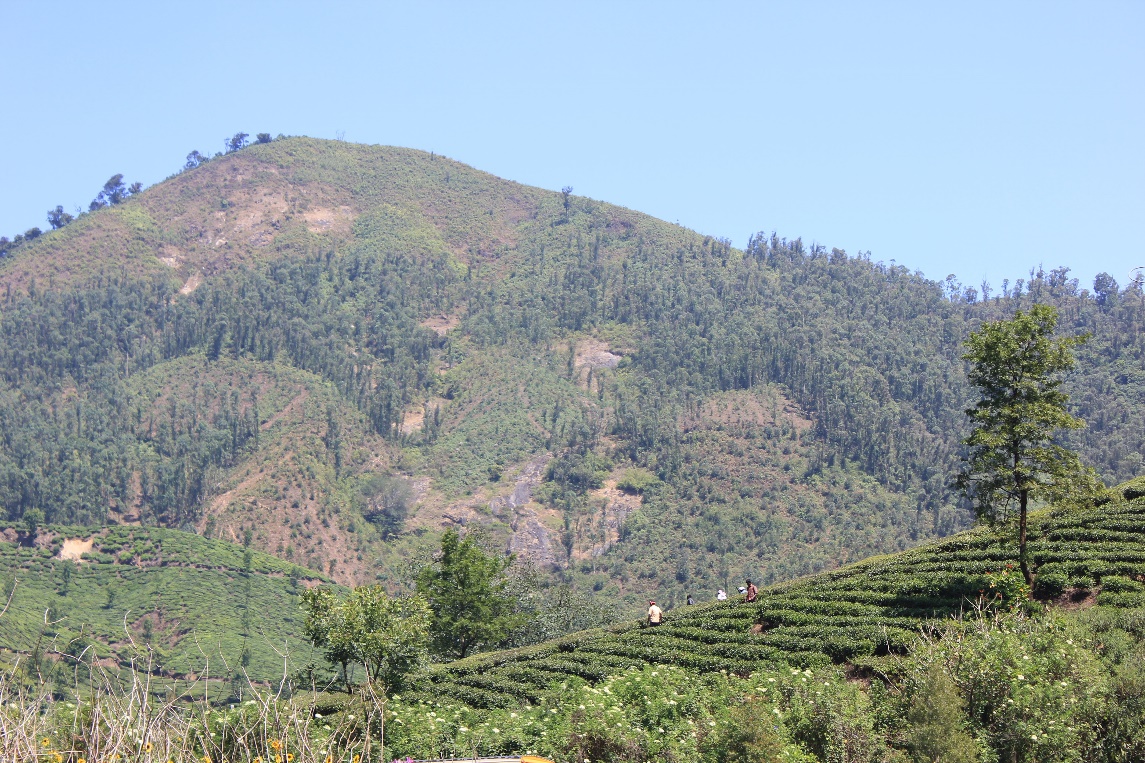Getting dusty on the bookshelf
Sitting on the shelves of libraries worldwide are countless books about agricultural development. What is it? How can we achieve it? When do we know that it has been achieved? Sometimes it’s worth the time to brush off the dust and have a read about these big questions.
But just in case you never come across one of these books, Amartya Sen’s Development as Freedom, let me share with you some of its key insights that I’ve found particularly helpful.
Amartya Sen is an Indian economist who won the Nobel Prize in Economics in 1998. Development as Freedom remains one of his most significant contributions to the development literature. In it, he argues that development is a process of expanding the freedom of people to pursue what they have reason to value.
As such, increasing incomes becomes just one thing we may have reason to pursue. We must consider other things, like having access to education, living healthy lifestyles, and taking part in shaping the political processes that impact upon our day-to-day lives.
This may seem so broad as to be obvious. But let me draw from my experiences in a field school in Mumbai and Kerala, India, to draw out three key insights Sen offers us in Development as Freedom.
1. We need to be mindful of the information we choose to consider.
Agricultural development is a huge process. Since we can’t take everything into account, we must focus on a particular set of information. Sen calls this the ‘informational basis’. Choosing an appropriate informational basis isn’t always easy.

Consider Maharashtra, home of Mumbai, India’s largest city. On the one hand, it has one of the highest GDP per capita amongst all the Indian states. On the other hand, however, it has one of the highest student-to-teacher ratios, one of the lowest numbers of government hospitals per capita, and a 14.3% difference in the literacy rate between males and females.
How we understand Maharashtra’s development depends on our informational basis.
If we assume that the people of Maharashtra only seek to increase their incomes, then Maharashtra’s development has been a considerable success. This isn’t a far-fetched assumption. It’s often made by economists who argue that only with increased incomes can people buy what they need to pursue what they really want.
However, if we assume that the people of Maharashtra also seek access to quality education, decent health care, and have equal opportunities to read and write, then the success of Maharashtra’s development is far more tempered.
Moreover, in broadening our informational basis, we find that education, health, and gender equality aren’t just important ends, but are also important means for development. Someone poorly educated, with little access to public health care, and facing gender discrimination would not find it easy to increase their income.
It’s no simple task in deciding over an appropriate informational basis, and our decisions would often have to change. Sen encourages us to face this challenge. Avoiding this challenge by sticking to a narrow, but commonly used, informational basis means that we may remain restricted to only a partial understanding of agricultural development.
2. We need to be mindful of the assumptions we make over human agency.
Agricultural development isn’t just about designing clever programs that benefit passive recipients. It’s also about working with active agents who have a part in shaping their own development. However, sometimes we may have to make assumptions that take agency away from agents. Thinking carefully about when we may do this is not always easy.

Consider Kerala, a state in India’s south-west. The data that comes out of Kerala can be a bit puzzling. It has the highest life expectancy among Indian states, but also ranks highest for self-assessed morbidity. What is going on here?
Kerala’s government has encouraged active participation in the development process. As such, Keralites have become aware of the numerous challenges they face, including many health conditions they wouldn’t otherwise have known about.
In contrast, other Indian states have reported lower self-assessed morbidity despite lower life expectancy. Many may not even know that they have the health conditions that the Keralites are trying to deal with. They may subjectively be better-off than Keralites, despite being objectively worse-off.
This raises a difficult question. When should we take agency away from agents by assuming that we know better than them? That is, by letting them know that they are facing problems they did not even know about. On the one hand this may make them subjectively worse-off. On the other hand, this may lead them to become more active participants in their own development so that they end up objectively better-off.
There’s no simple answer to this question, but it has to be answered. We nearly always make assumptions about human agency, even if implicitly. By making these assumptions explicit, Sen ensures that we don’t unknowingly make any implicit assumptions that end up hampering our efforts. So that, like the Keralites, we are aware of the challenges we face.
3. We can navigate the complexities of agricultural development by making publicly reasoned social choices.
Agricultural development is a complex process. Not only is there immense plurality amongst individuals, a variety of institutions are also involved. These include markets, governments, research agencies, large corporations, the media, universities, and NGOs. Sen offers us a way to navigate these complexities.

Consider the Tata Group, that once owned 8 900 hectares of tea plantations in Munnar, a town in the South-East of Kerala. Since the 2000s, it has assisted its plantation workers in purchasing the majority of shares in the ownership of these plantations.
There’s a complex interplay of the individuals and institutions involved in how and why this happened. Was this an example of corporate social responsibility? Was this just to transfer risk to plantation workers in an ever more fragile global tea economy?
Instead of trying to design a general theory that explains and predicts these happenings, Sen encourages us to publicly reason with the agents involved. We can ask Tata why they did this, as well as the plantation workers for their perspectives.
With dialogue amongst everyone involved, we can then make social choices. That is, to have everyone come together to decide what to do. Social choices can take many forms, such as voting, public cooperation to draft and implement social initiatives, and social criticism to reform existing institutional arrangements. There’s no guarantee that everyone will agree. But partial agreements can still be made. For example, everyone may agree that x is bad, despite disagreement over whether y or z are better. Making publicly reasoned social choices offers us a way to navigate the complexities in agricultural development, while ensuring that everyone takes part in the process.
There we have it. Three key insights that I’ve found particularly helpful in Sen’s Development as Freedom. Timely reminders that agricultural development is about thinking widely, acting democratically, and reasoning publicly to make social choices towards our collective futures.


